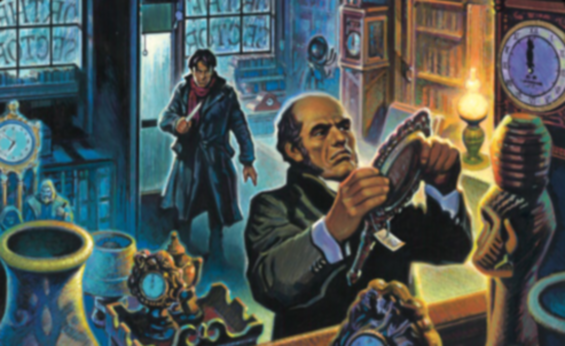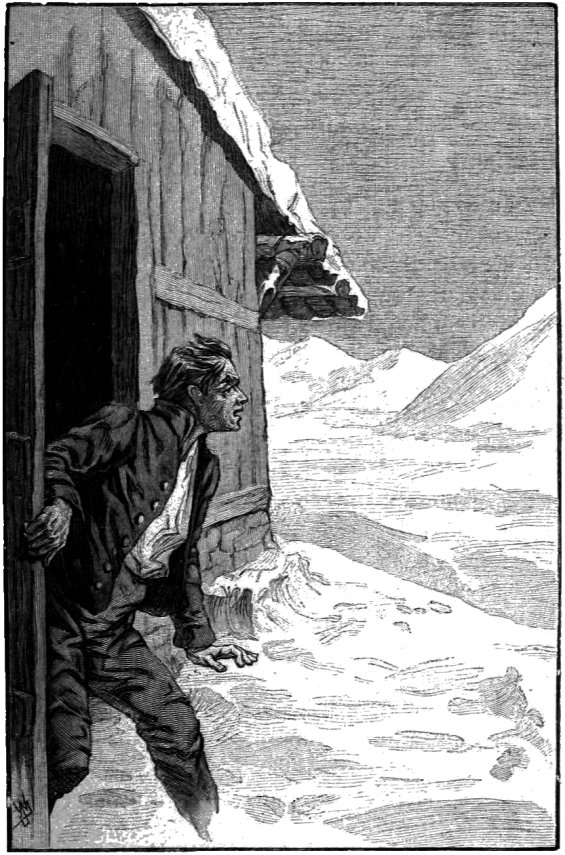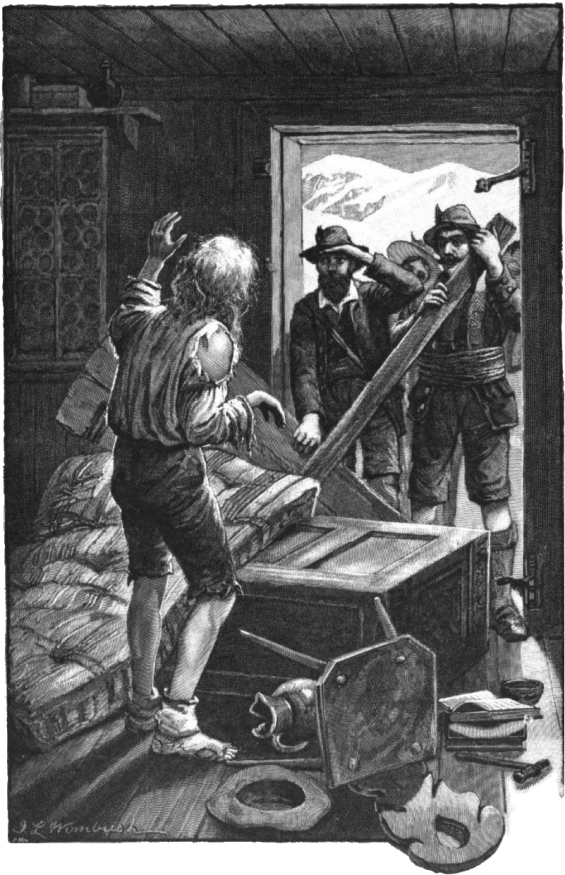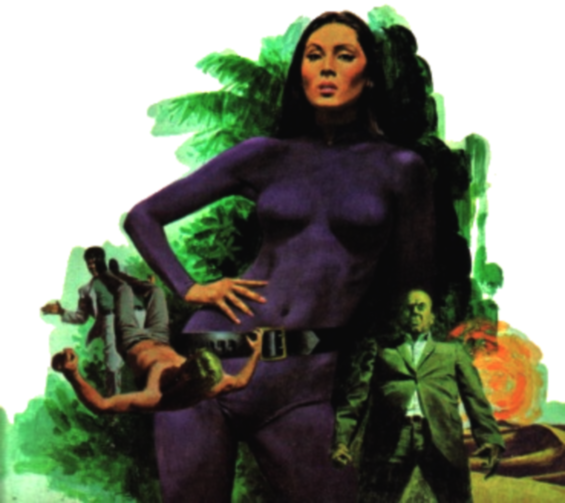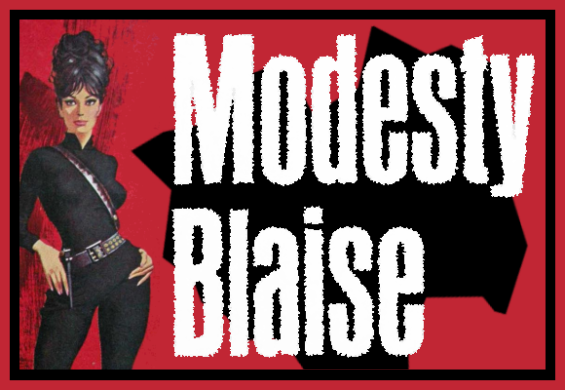

Earlier this year BBC Radio 4 began a season they called “The Real George Orwell” – here’s the official description:
A Radio 4 journey through the labyrinth that is the life and work of George Orwell.
Of course there is no real George Orwell – it was the pen name of Eric Blair – but he was a writer and political commentator who is very hard to pin down. Ever since his early death in 1950, he has been at one and the same time the darling of some on both the left and the right of British politics – whilst being reviled by others. For all the beautiful simplicity of his writing and storytelling Orwell/Blair is a complex mass of confusions – an anti-establishment, pro-English, ex-Etonian ex-policeman and socialist, who was ardently anti-authoritarian. He was as anti-fascist as he was anti-communist, a former Spanish Civil War soldier who was anti-war but pro the Second World War, and so on and so on.
Through dramatisations of the key books, through four newly commissioned plays that explore the disjuncture between the man who was Eric Blair and the writer who was George Orwell, and through factual programming and readings, Radio 4 will take you on a journey from Burma via Catalonia, Wigan, Jura, Manor Farm along the road that led to Nineteen Eighty-Four, one of the most influential novels of the twentieth century.
I’m listening to Nineteen Eighty Four now, and loving it. Have a read of Tom Goulding’s review for the RadioTimes:
Radio 4 continues its series of Orwell dramatisations with Jonathan Holloway’s long-awaited two-part adaptation of Nineteen Eighty-Four. An eerie dystopian vision in the vein of Yevgeny Zamyatin’s We and Aldous Huxley’s Brave New World, Orwell’s magnum opus is a prescient window into Cold War politics, closed-circuit surveillance and blanket censorship.
Christopher Eccleston is the downtrodden protagonist Winston Smith, while Pippa Nixon shines as forbidden love interest Julia. Elsewhere, V For Vendetta villain Tim Pigott-Smith fills O’Brien’s face-stamping boots with sinister relish.
A masterclass in ferocious condemnation and harrowing satire, this is another gem in this superb season.
Then fire up your torrent client and head on over to RadioArchive.cc – where the drama is getting rave reviews!

 Nineteen Eighty-Four
Nineteen Eighty-Four
Adapted from the novel by George Orwell; Dramatised by Jonathan Holloway; Performed by a full cast
2 MP3s via TORRENT – Approx. 1 Hour 54 Minutes [RADIO DRAMA]
Broadcaster: BBC Radio 4
Broadcast: Feb. 10, 2013 and Feb. 16, 2013
Source: RadioArchive.cc
Winston Smith works for the Ministry of Truth. Sick and separated from his wife, he lives alone in a one-room flat in Victory Mansions in London, chief city of Airstrip One. Big Brother stares out from every poster, the Thought Police uncover every act of betrayal. When Winston finds love, he discovers that life does not have to be dull and deadening, and awakens to new possibilities.
Directed by Jeremy Mortimer
Credits:
Winston Smith – Christopher Eccleston
Julia – Pippa Nixon
O’Brien – Tim Pigott-Smith
Parsons – Kim Wall
Syme – Sam Alexander
Prostitute – Susie Riddell
Charrington – Robert Blythe
Actor – Christine Absalom
Actor – Don Gilet
Actor – Joe Sims
Actor – Joshua Swinney
Actor – Sam Alexander
And the |ETEXT|.
And ++good, here’s the BBC TV version from 1954 (starring Peter Cushing!):
Posted by Jesse Willis
